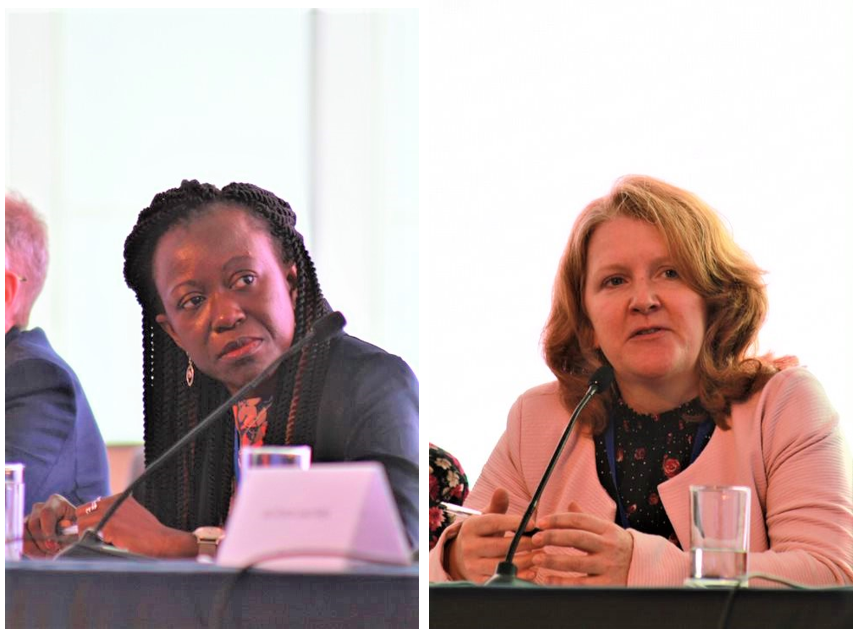The European Regional Consultation was held at the beginning of July, as part of six regional discussions that took place in preparation of the annual GFMD Summit. The Organisation for Economic Cooperation and Development (OECD), provided a platform to exchange views on European perspectives on migration. The OECD-GFMD consultation was the fifth regional series to be completed, following other regional consultations held in cooperation with the African Union (for Anglophone and Francophone Africa), the Bali Process, and the Regional Conference on Migration (Puebla Process).
The three themes selected for discussion by European stakeholders were: the “governance of labour migration in the context of changing employment landscapes”, the “skilling of migrants for employment”, and “fostering partnerships to realise migration-related goals in the Sustainable Development Agenda”.
“Our time offers the opportunity for an overall global reset” – the voice of Civil Society at the European Regional Consultation
For the OECD GFMD consultation, the civil society rapporteur was Onyekachi Wambu, director of the African Foundation for Development (AFFORD) in the UK. In his statement, Onyekachi pointed out how the main phenomena of this time — COVID-19, the Black Lives Matter movement, and Climate Change — should also be seen as opportunities for a global and bold rethinking on a new way to proceed.
On the “Labour Governance” theme discussed during the European Consultation, civil society repeated once again the need for a mobility by choice and not by coercion, together with the independence of workers and permits from employers.
On this year’s core objective of establishing partnerships, Onyekachi stated that they “require compromise, flexibility and fairness and need to treat partners’ concerns as equal”.
During the closing plenary, uplifting again the collective voices of European civil society from pre-consultation preparatory sessions, Onyekachi called for “structured and meaningful dialogue spaces with civil society in all stages of policy developments and implementation, that are essential to progress”.
Click here to read Onyekachi’s full intervention.
For more information about the regional meetings, please consult the following page.

